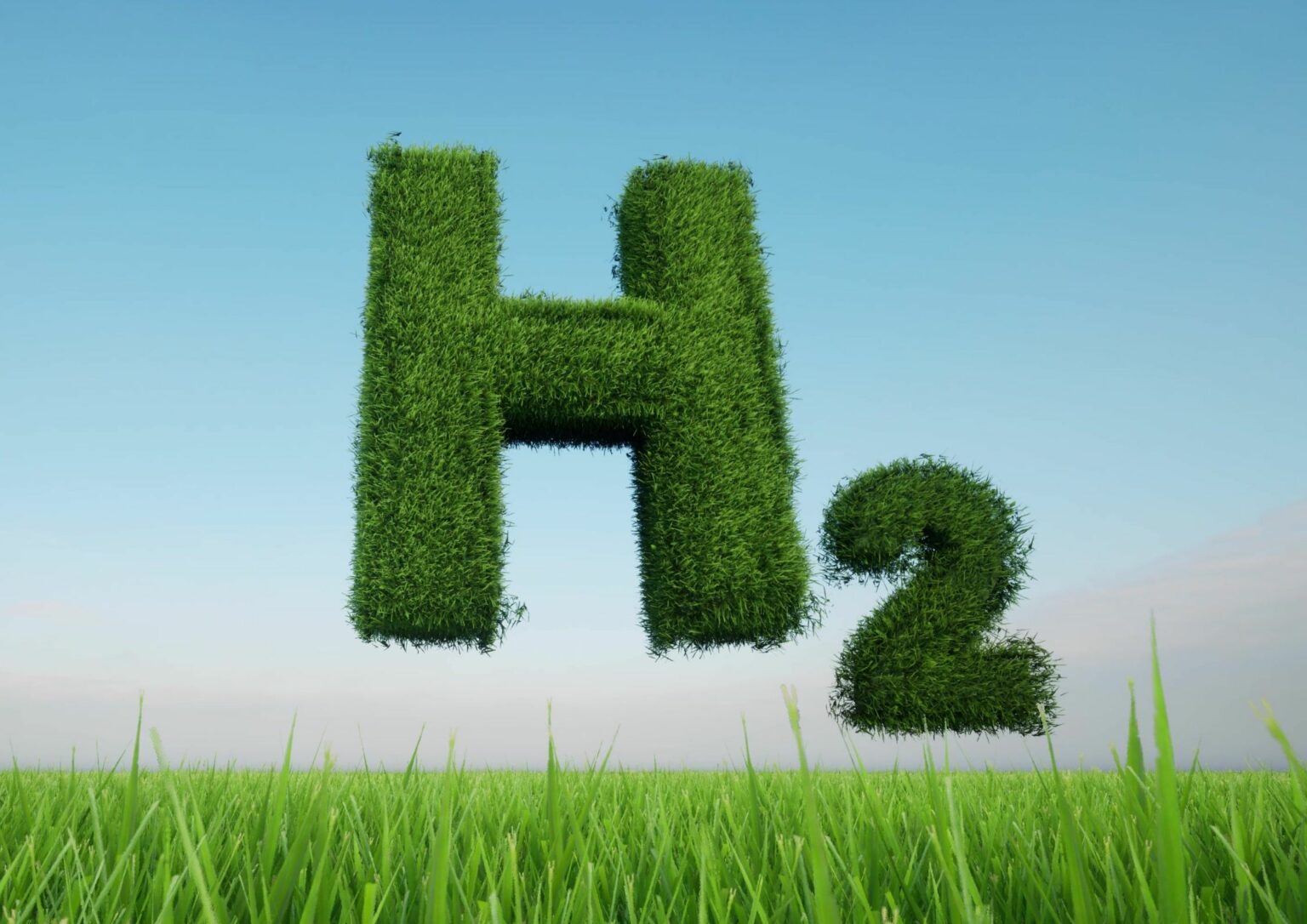Sakhalin, an island in the Russian Far East, is making significant strides in the field of renewable energy by focusing on hydrogen production.
Hydrogen is being hailed as a clean alternative to fossil fuels. When used in fuel cells, it generates electricity with water as the only byproduct, making it an environmentally friendly option. However, producing hydrogen in an efficient and sustainable manner poses numerous challenges, which Sakhalin aims to overcome.
Sakhalin has laid out a comprehensive strategy to develop hydrogen infrastructure. This includes establishing hydrogen production facilities, creating storage solutions, and designing distribution networks. The island’s abundant natural gas supplies play a crucial role in enabling this transition, as they can be reformed to produce hydrogen.
To foster innovation and share expertise, Sakhalin is collaborating with international partners. Joint ventures with companies from Japan, South Korea, and other nations aim to leverage advanced technology and best practices in hydrogen production and utilization. Such alliances are vital for overcoming technical barriers and achieving economic feasibility.
Not only does this initiative promise to reduce carbon emissions, but it also has the potential to boost the local economy. By investing in hydrogen technology, Sakhalin can create new jobs, attract investment, and develop a sustainable industrial base. This dual benefit underscores the strategic importance of the project.





